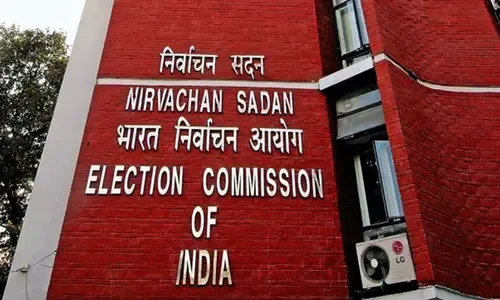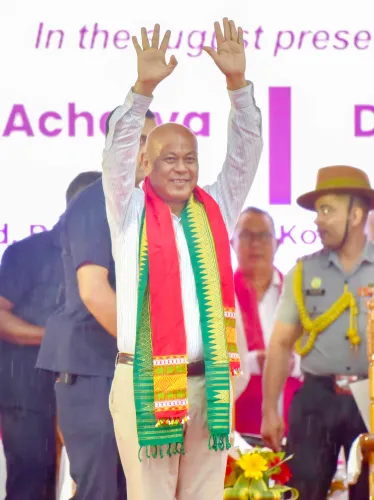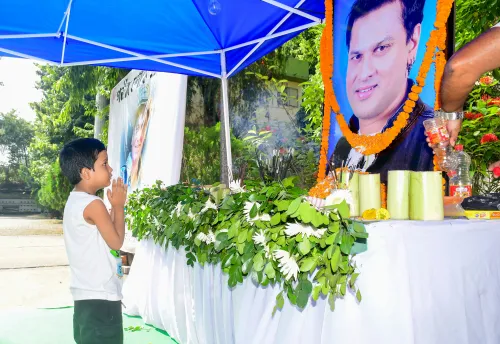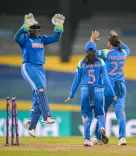Why Are Political Parties Silent Despite Criticism? ECI Reports 23,557 Voter Complaints

Synopsis
Key Takeaways
- ECI received zero complaints from political parties.
- 23,557 claims and objections were submitted by voters.
- Political parties appointed 1,60,813 Booth Level Agents.
- Claims and objections are processed after a seven-day verification.
- No name can be removed from the rolls without a formal “speaking order”.
New Delhi, Aug 14 (NationPress) In the face of ongoing criticism from Opposition parties concerning the current Special Intensive Revision (SIR) process in Bihar, the Election Commission of India (ECI) has indicated that it has not received any formal complaints from political parties regarding the claims and objections to the draft electoral roll. However, individual voters have lodged 23,557 claims and objections for alterations to the draft rolls.
As per the ECI's daily bulletin dated April 14, covering the timeframe from August 1 (3 P.M.) to August 14 (9 A.M), political parties appointed a substantial number of 1,60,813 Booth Level Agents (BLAs).
This includes Rashtriya Janata Dal (47,506), Bharatiya Janata Party (53,338), Janata Dal (United) (36,550), and Indian National Congress (17,549), among others.
Surprisingly, none of the parties, particularly those in the Opposition, have raised any claims or objections.
Conversely, individual voters have made 23,557 claims and objections concerning their inclusion or exclusion in the draft rolls, with 741 of these already resolved post the mandatory verification period.
Additionally, 87,966 applications have been received from new voters aged 18 and over, including six submissions via BLAs.
The ECI underscored that, according to existing regulations, claims and objections are processed by the respective Electoral Registration Officers (EROs) or Assistant Electoral Registration Officers (AEROs) after a verification period of seven days.
Crucially, no name can be removed from the draft rolls published on August 1 without a formal “speaking order”, following due inquiry and allowing the concerned individual an opportunity to present their case.
The lack of official complaints from political parties contrasts sharply with the persistent public accusations from Opposition parties alleging bias and procedural errors in managing the voter rolls.
The data suggests that while parties are actively participating in the claims and objections process, they are not formally disputing the integrity or fairness of the exercise before the ECI.









